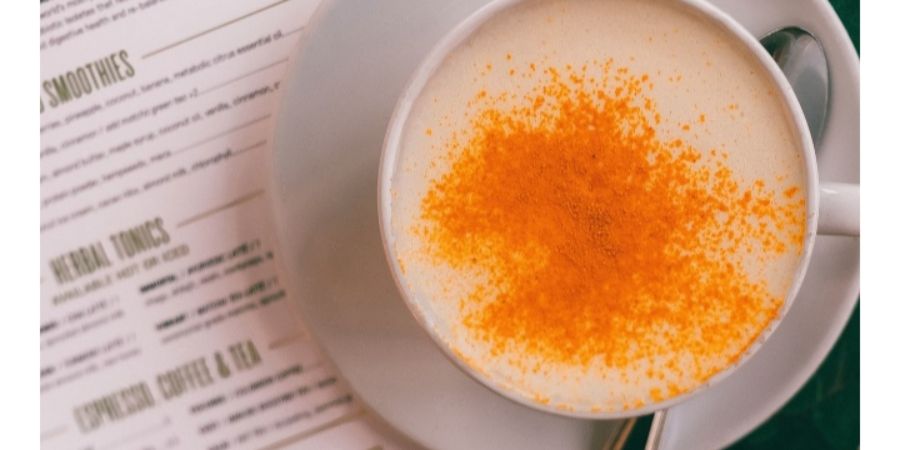

Turmeric tea (ukoncha ) is a sort of tea which starts from Okinawa, in southern Japan. Ukoncha is made of the rhizomes of turmeric.Japanese drink brand Kirin created “Kirin decay tea” (Japanese: ), a beverage containing a few teas including turmeric, in 2007
The key to living to 100?
Ask a centenarian in Okinawa The island chain in Japan has for some time been the home to the most noteworthy level of centenarians. Their conventional, sound way of life has kept them liberated from a considerable lot of the constant illnesses of maturing – malignant growth, stroke, Alzheimer’s, coronary illness – that plague the remainder of the world..While hereditary qualities, climate, and an affectionate local area all are fundamental variables to their life span, obviously their eating routine is similarly as significant.
Low in fat, salt, and sugar, the customary Okinawan diet comprises generally of vegetables, tropical natural products, and grains, which make up more than 70% of their eating routine by weight. This incorporates white rice, yam, goya (unpleasant melon or harsh gourd), salad greens, bean sprouts, papaya, mango, pineapple, passionfruit. They additionally eat tofu, kelp, fish and pork. Also, obviously like the remainder of the country, they drink green tea.
Yet, dissimilar to central area Japan, you may likewise see Okinawans drinking a tea of a completely unique tone. The rich, yellow shade of Turmeric tea.
Turmeric – nicknamed the “Flavor of Life” in India for its wide use in day to day existence, and for its numerous restorative advantages to assist with having a sound existence – is tracked down all through the tropical locales of Asia, and in the Center East. Not in Japan.
Flavors are by and large not utilized in Japanese culture, so finding turmeric there is extremely surprising. Yet, despite the fact that Okinawa is important for Japan, the archipelago is a huge separation from the central area, venturing far south into the old Flavor Course between China, Southeast Asia, and India. Merchants would visit the islands, presenting numerous tropical organic products, the yam (presently a staple food), and the intriguing yellow zest.
Rather than adding turmeric to dishes like most societies, Okinawans chose to make a yellow tea as an approach to consume its large number of valuable properties day to day. Perhaps this flavored tea even added a couple of additional years to their life; a couple of additional years to partake in their 100s.- The tea looks like a mango lassi. Try leaving out the honey, adding a pinch of amchoor (dried mango powder) and sugar to taste.


